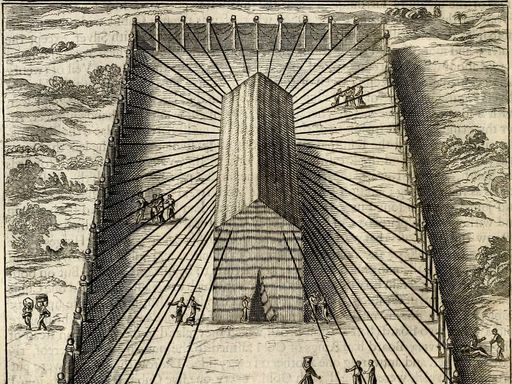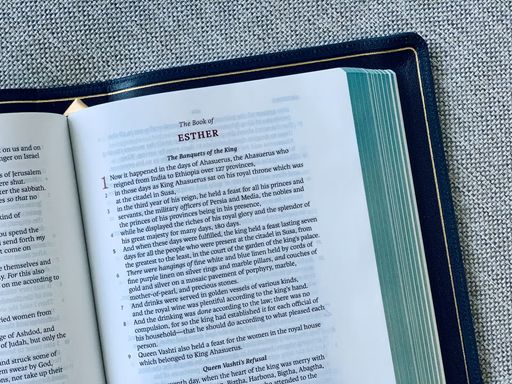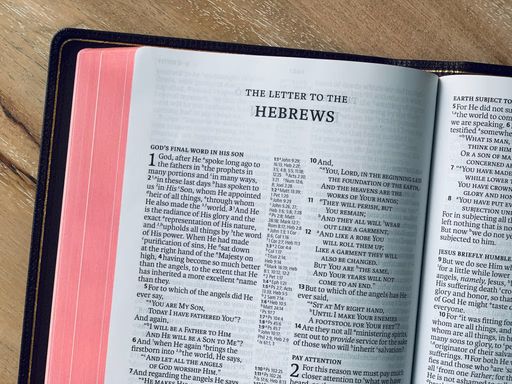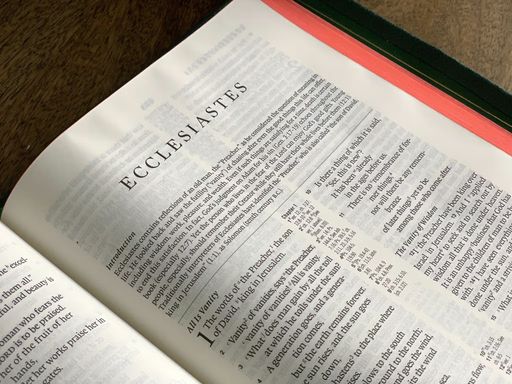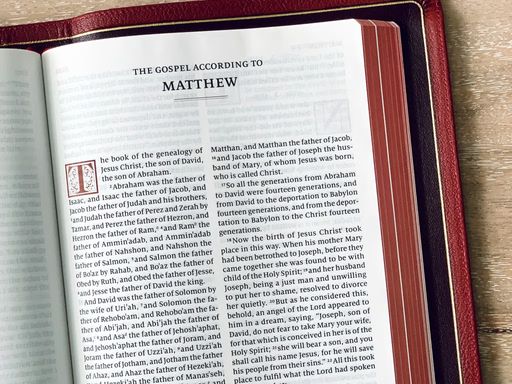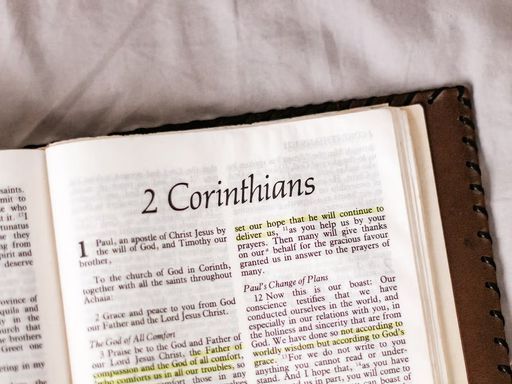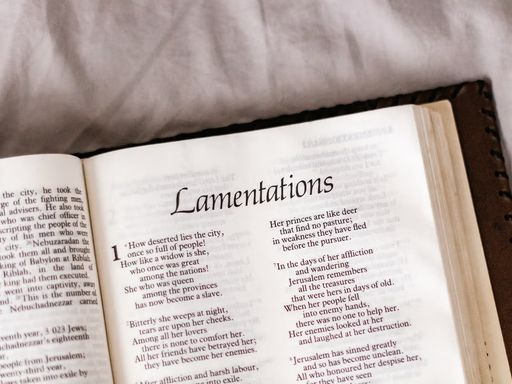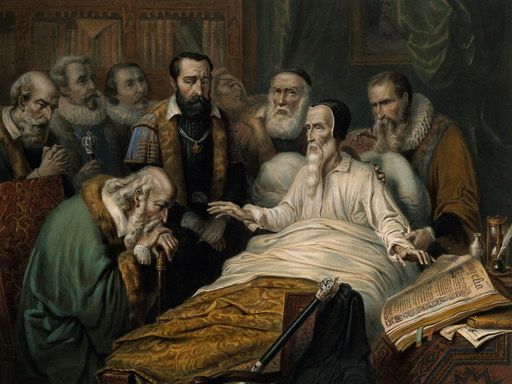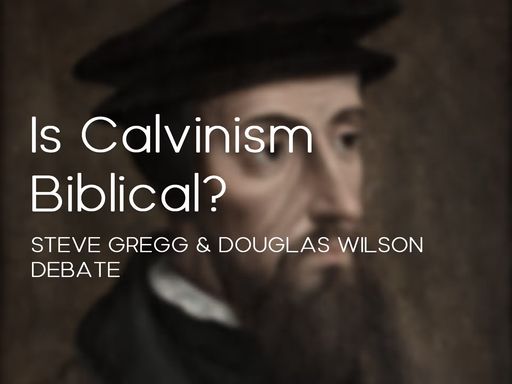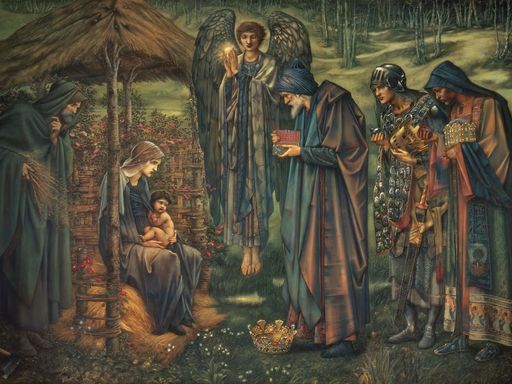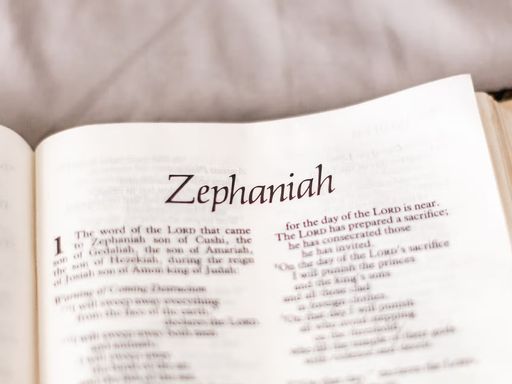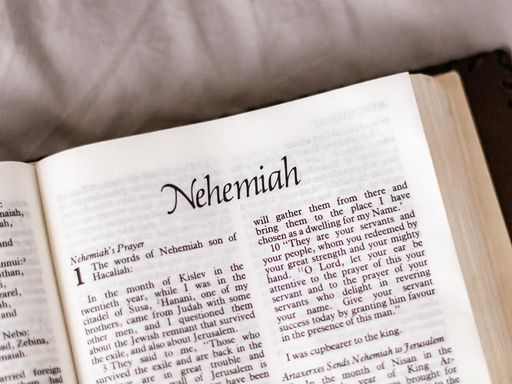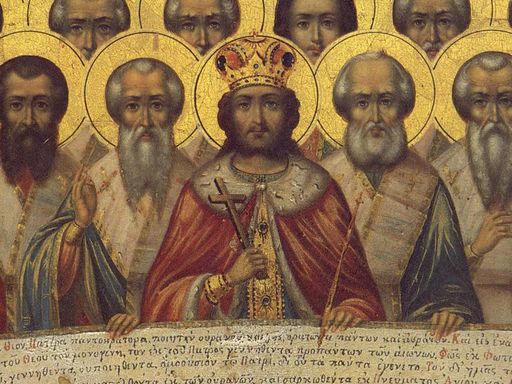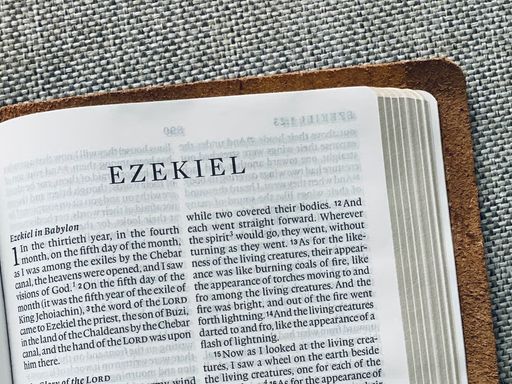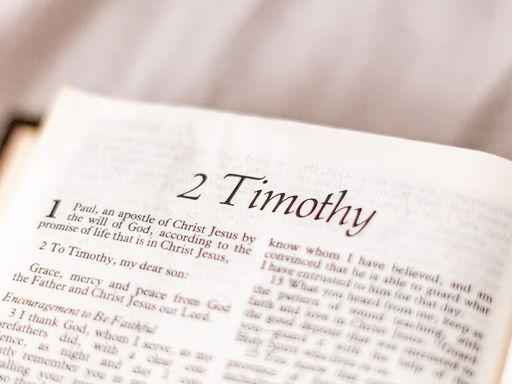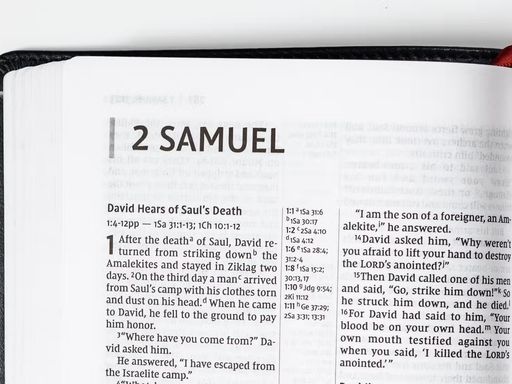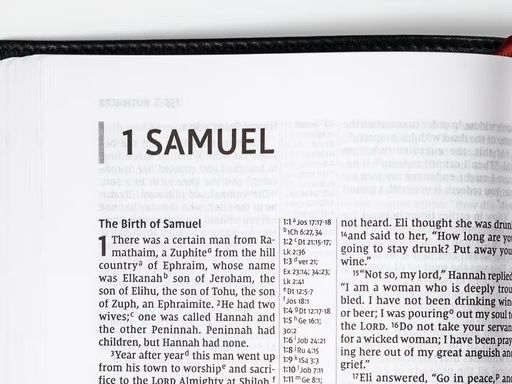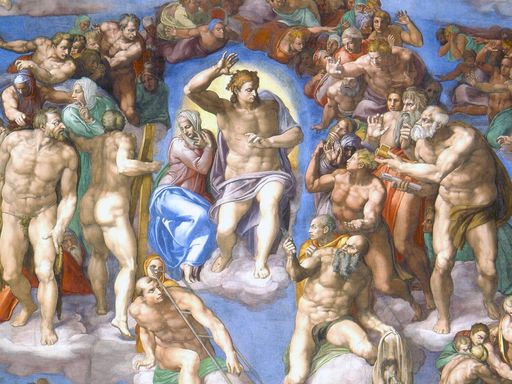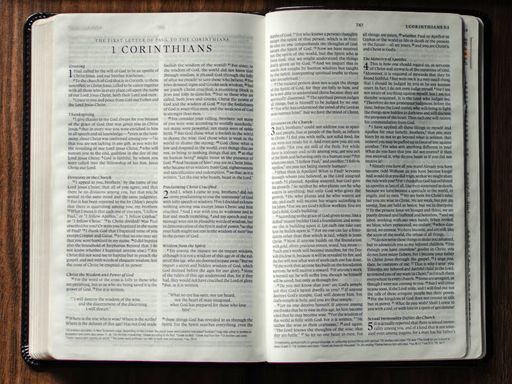
Hebrews
Steve Gregg
Steve Gregg teaches verse by verse through the book of Hebrews, focusing on themes, warnings, the new covenant, judgment, faith, Jesus' authority, and the superiority of Christ.

Hebrews Introduction (Part 1)
In this introduction to the book of Hebrews, Steve Gregg reflects on the mysterious authorship of the book and its unique audience. He notes that although the book shares similarities with Paul's writings, it has distinct differences and is likely not his work. Gregg also discusses the book's argume

Hebrews Introduction (Part 2)
Steve Gregg explores the concept of judgment and its application both in the context of temporal punishment and the notion of eternal hell. He also delves into the idea that the temple and the old covenant would eventually disappear, replaced by the new covenant established by Jesus Christ, who is c

Hebrews 1
Steve Gregg provides an examination of Hebrews 1, discussing how God spoke throughout the Old Testament era, particularly during the time of Moses. The writer of Hebrews uses the phrase "In last days God spoken," referring to the end of the old order and the coming of a new covenant. Gregg explains

Hebrews 2
In this lecture, Steve Gregg explores the second chapter of Hebrews, which focuses on Jesus as a superior revelation of God. Gregg emphasizes the importance of recognizing Jesus' authority as greater than that of Moses and the angels. He also discusses the role of signs, wonders, and miracles in con

Hebrews 3
In this discussion, Steve Gregg delves into the conditional nature of holding fast to one's Christian faith until the end. He highlights the importance of obedience and faith as demonstrated by Jesus and warns against becoming obstinate and straying from the path of faith. Drawing from biblical text

Hebrews 4
Steve Gregg discusses Hebrews chapter 4 where he examines the idea of rest as entering the promised land. He notes that the writer of Hebrews sees a spiritual fulfillment beyond just Canaan rest and that the context of the text is linked to Jewish works done according to the law code. He emphasizes

Hebrews 5
In this presentation, Steve Gregg discusses the book of Hebrews and focuses specifically on chapter 5. He notes that the author of Hebrews later hints at the topic of Melchizedek in chapter 7, and suggests that this connection should be taken into consideration when interpreting chapter 5. While Heb

Hebrews 6
Steve Gregg discusses the warning section in Hebrews 6, which follows on from chapter 5's warning not to become stagnant in one's faith. Gregg suggests that the list of six things mentioned in the passage could be interpreted as Jewish practices and distinctives of Judaism, including the concept of

Hebrews 7
In this teaching, Steve Gregg delves into Hebrews 7, where the author argues that the priesthood of Melchizedek differs from the Aaronic priesthood. Melchizedek's priesthood is based on eternal life and not hereditary succession. While commentators have differing views on who Melchizedek was, the au

Hebrews 8
In this talk, Steve Gregg explores the concept of the new covenant in Hebrews chapter eight. He contrasts the old covenant, which was written on stone and based on laws, with the new covenant, which promises a new heart and spiritual communion with God. Gregg also examines the symbolism behind the t

Hebrews 9
Steve Gregg discusses Hebrews chapter 9 and its references to Jewish customs and rituals, specifically the annual sacrifice for unintentional sins. The writer of Hebrews implies that a sacrifice must be made to rid oneself of guilt for breaking God's laws, and only through Jesus can one obtain etern

Hebrews 10
In "Hebrews 10," Steve Gregg unpacks the significance of the sacrifices made under the old covenant versus the sacrifice of Jesus under the new covenant. He emphasizes that the sacrifices of the old covenant were not desired by God and that Jesus' sacrifice was necessary to atone for sin once and fo

Hebrews 11
In this exposition on Hebrews 11, Steve Gregg analyzes the profound and comprehensive nature of the exposition of faith. He emphasizes that faith is not just about believing in God's existence but rather accessing and trusting in unseen realms that cannot be perceived through the senses. Gregg highl

Hebrews 12:1 - 12:17
Steve Gregg explores Hebrews 12:1-17, where he emphasizes that faith is not a virtue that a person possesses, but it is instead something that comes from making a judgment of God favorably. Gregg also notes that we are watched by a great cloud of witnesses as we run our race and thus, we should stri

Hebrews 12:18 - 13:25
In this talk, Steve Gregg delves into Hebrews 12:18 - 13:25, focusing on several themes and warnings presented in the text. Gregg explains the analogy drawn by the author between children growing up and believers maturing in their faith. He also discusses the significance of the heavenly Jerusalem a


